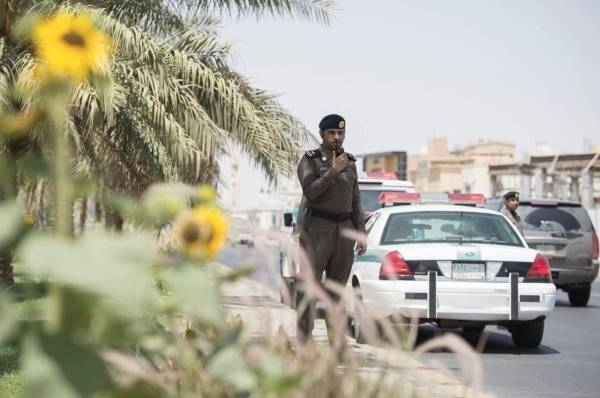The Ministry of Interior in Saudi Arabia announced the arrest of 22,021 illegal residents during inspection raids conducted across the country over the course of a week. The arrests were made as part of joint field security campaigns carried out by security forces and government agencies from August 29 to September 4. The individuals arrested included violators of the Residency Law, the Border Security Law, and the Labor Law. A significant number of those arrested were attempting to cross the border into the Kingdom illegally, with a majority being Yemeni and Ethiopian nationals. Additionally, individuals involved in facilitating the illegal entry, transportation, sheltering, and employment of violators were also apprehended.
Currently, 15,108 expatriates, including both men and women, are undergoing legal procedures as part of punitive measures against them for violating residency and labor laws. A total of 5,917 violators have been referred to their diplomatic missions to obtain travel documents, 2,249 others have been directed to complete their travel reservations, and 11,242 individuals have been deported. The Ministry of Interior has issued a warning that anyone found aiding in the illegal entry or transportation of individuals into the Kingdom may face penalties of up to 15 years in prison and a fine of up to SR1 million. Additionally, vehicles used for transportation and houses used for sheltering may be confiscated.
The public has been urged to report any instances of violation by contacting emergency numbers such as 911 in the regions of Makkah, Riyadh, and the Eastern Province, and 999 or 996 in other regions of the Kingdom. These efforts are part of the Saudi government’s ongoing crackdown on illegal residents and those involved in facilitating their entry into the country. By identifying and apprehending violators, authorities aim to maintain security and uphold the laws governing residency and labor in Saudi Arabia. The latest round of arrests underscores the government’s commitment to enforcing regulations and ensuring that individuals comply with legal procedures regarding entry, residency, and employment within the Kingdom.











